Engineered stone kitchen countertops have gained immense popularity in recent years due to their durability, aesthetic appeal, and versatility. As homeowners seek alternatives to natural stone, engineered stone offers an attractive solution that combines the best of nature and technology. Throughout this article, we will talk about the many facets of engineered stone countertops, including their composition, benefits, maintenance, installation, environmental impact, and design options.

Composition of Engineered Stone
Engineered stone, also known as quartz, is a man-made material composed of natural quartz crystals and resins. Typically, about 90-95% of an engineered stone slab consists of crushed quartz, which is one of the hardest minerals on Earth. The remaining 5-10% is a mixture of resins, polymers, and pigments that bind the quartz together and provide color variations.
The manufacturing process begins with the selection of high-quality quartz. This raw material is crushed into fine particles and combined with resins and pigments in a large mixer. The mixture is then poured into a mold and subjected to a high-vibration process that compacts the material and removes any air bubbles. This ensures a dense and uniform slab.

Once the slab is formed, it is cured at high temperatures to harden the resin and enhance the slab’s durability. After curing, the slab is polished to achieve a smooth, glossy surface that highlights the natural beauty of the quartz crystals. The final product is a non-porous, stain-resistant, and highly durable countertop material that mimics the appearance of natural stone.
Different manufacturers may use variations in the production process, resulting in unique color and pattern options. Some engineered stone products also incorporate recycled materials, making them a more sustainable choice for environmentally conscious homeowners.
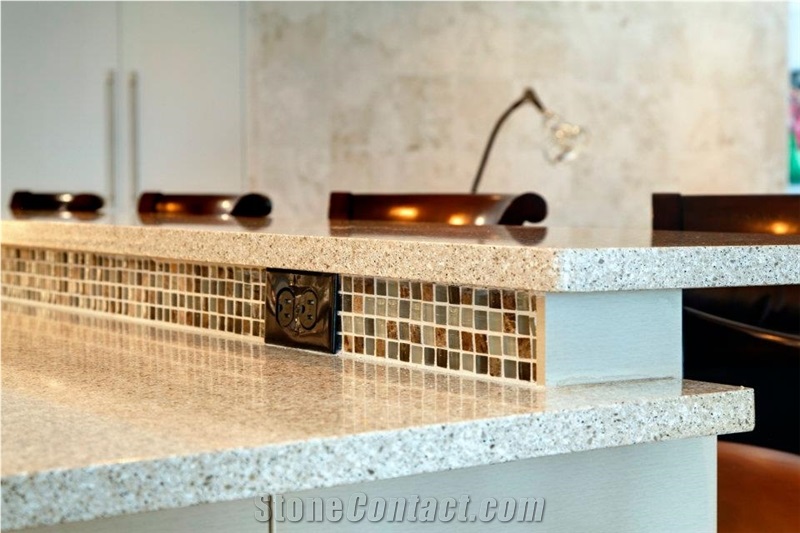
Benefits of Engineered Stone Countertops
One of the primary advantages of engineered stone countertops is their exceptional durability. Quartz is a hard mineral, making these countertops resistant to scratches, chips, and cracks. This makes them ideal for high-traffic areas such as kitchens, where countertops are subjected to daily wear and tear.
Engineered stone countertops are also non-porous, meaning they do not absorb liquids. This quality makes them highly resistant to stains from common kitchen substances like coffee, wine, and oil. Unlike natural stone, which can require regular sealing to maintain its stain resistance, engineered stone countertops are virtually maintenance-free in this regard.
The non-porous nature of engineered stone also contributes to its hygiene. The surface does not harbor bacteria, mold, or mildew, making it a safe and sanitary option for food preparation areas. This is particularly important in kitchens, where cleanliness is paramount.
Another benefit is the wide range of design options available. Engineered stone countertops come in a variety of colors, patterns, and finishes, allowing homeowners to choose a style that complements their kitchen décor. Whether you prefer the look of marble, granite, or a solid color, there is an engineered stone option to suit your taste.
Furthermore, engineered stone countertops are known for their consistent appearance. Natural stone can have significant variations in color and pattern from slab to slab, which can be a drawback for some homeowners. In contrast, engineered stone offers a uniform look, ensuring that the countertop matches the sample you fell in love with.
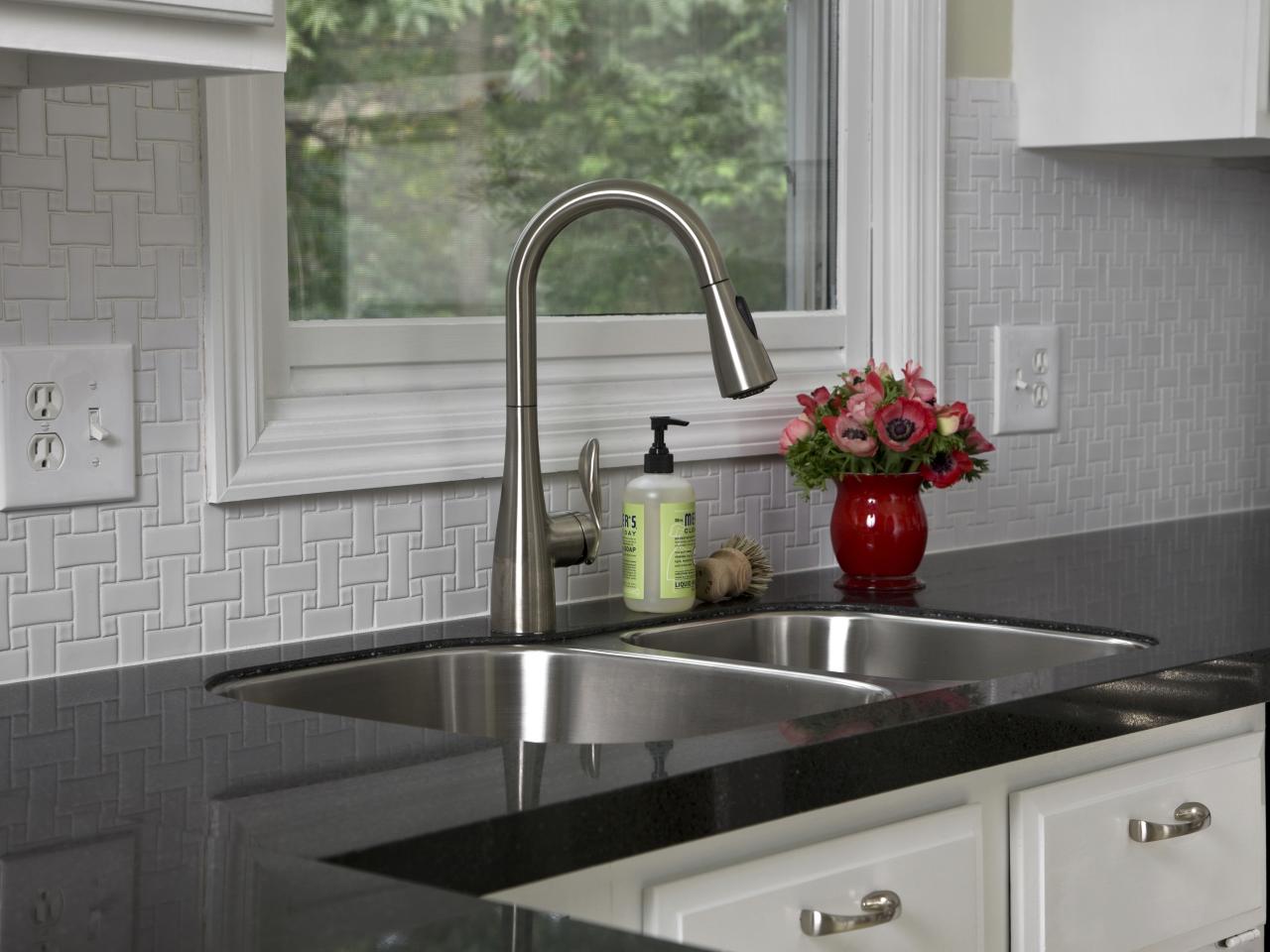
Maintenance of Engineered Stone Countertops
Maintaining engineered stone countertops is relatively simple, making them a popular choice for busy homeowners. Regular cleaning requires only mild soap and water, along with a soft cloth or sponge. This routine cleaning helps to keep the surface looking pristine and free of any build-up.
For tougher stains, a non-abrasive household cleaner can be used. It is important to avoid harsh chemicals or abrasive cleaning pads, as these can damage the surface. Additionally, while engineered stone is heat-resistant, it is advisable to use trivets or hot pads to protect the surface from extreme temperatures.
One of the significant advantages of engineered stone is that it does not require sealing. Unlike natural stone countertops, which need to be sealed periodically to maintain their stain resistance, engineered stone remains non-porous without any additional treatments. This saves both time and money in the long run.
However, it is still essential to practice good habits to prevent damage. Cutting directly on the surface can dull your knives and potentially leave marks, so always use a cutting board. Similarly, while the material is resistant to scratches, dragging heavy or sharp objects across the countertop can cause damage over time.
In case of minor damage, many manufacturers offer repair kits that can be used to fix chips or cracks. For more significant repairs, it may be necessary to consult a professional. The longevity of your countertops can be extended with proper care and maintenance, ensuring they remain a beautiful and functional part of your kitchen for years to come.

Installation of Engineered Stone Countertops
The installation of engineered stone countertops is a process that requires precision and expertise. It begins with accurate measurements of the kitchen space to ensure that the countertops fit perfectly. Professional installers use templating tools to create a template of the countertop area, accounting for any cutouts needed for sinks, cooktops, or other fixtures.
Once the template is created, the engineered stone slabs are cut to size using specialized tools. This step is crucial, as any errors in cutting can lead to costly mistakes. The edges of the countertops are also finished during this stage, with options ranging from simple square edges to more elaborate beveled or bullnose edges.
After the slabs are cut and finished, they are carefully transported to the installation site. The installation process itself involves securing the countertops to the cabinets using a strong adhesive. This ensures that the countertops are stable and securely in place. In some cases, additional support may be added, especially for overhanging sections or larger islands.
The final step is sealing the seams between slabs. This is done using a color-matched epoxy resin that creates a seamless appearance. The seams are then polished to blend in with the rest of the countertop, resulting in a smooth, continuous surface.
Professional installation is recommended for engineered stone countertops to ensure a flawless finish. Attempting to install them yourself can result in errors that are difficult and expensive to correct. Hiring experienced installers ensures that the job is done right the first time, giving you peace of mind and a beautiful end result.

Environmental Impact of Engineered Stone
The environmental impact of engineered stone countertops is an important consideration for eco-conscious homeowners. One of the key advantages of engineered stone is that it can be made using recycled materials. Some manufacturers incorporate post-consumer glass, ceramics, or other recycled content into their products, reducing the need for virgin materials.
The production process for engineered stone is also designed to be efficient and minimize waste. The use of natural quartz, a readily available mineral, reduces the environmental impact associated with quarrying. Additionally, the manufacturing process itself is often optimized to recycle water and reduce emissions.
Transportation is another factor to consider. Engineered stone countertops are typically produced locally or regionally, which can reduce the carbon footprint associated with shipping heavy slabs over long distances. This contrasts with some natural stone options, which may be quarried and shipped from other countries.
Furthermore, the durability and longevity of engineered stone countertops contribute to their sustainability. Because they are resistant to damage and do not require frequent replacement, they generate less waste over time. Their low maintenance requirements also mean that fewer harsh chemicals are needed for cleaning and upkeep.
However, it is essential to be aware of the resins used in the production of engineered stone. These resins are derived from petroleum, a non-renewable resource. While the amount of resin used is relatively small, it does have an environmental impact. Some manufacturers are working on developing more sustainable resin alternatives to address this issue.

Design Options for Engineered Stone Countertops
One of the most appealing aspects of engineered stone countertops is the vast array of design options available. Whether you prefer a sleek, modern look or a more traditional aesthetic, there is an engineered stone countertop to match your vision.
Color choices range from classic whites and grays to bold, vibrant hues. Neutral colors like white, beige, and gray are popular choices for their timeless appeal and versatility. These colors can complement a wide range of kitchen styles and are often chosen for their ability to create a clean, bright space.
For those looking to make a statement, engineered stone countertops also come in striking colors like deep blues, rich reds, and even bright oranges. These bold options can add a unique touch to your kitchen and serve as a focal point in the design.
Patterns and textures further enhance the design possibilities. Some engineered stone products are designed to mimic the appearance of natural stones like marble or granite, complete with veining and other natural variations. Others offer more uniform patterns that can create a sleek, contemporary look.
In addition to color and pattern, the finish of the countertop can also be customized. Polished finishes are the most common, offering a glossy, reflective surface that highlights the beauty of the quartz crystals. Honed finishes provide a matte look, which can be ideal for those seeking a more understated, sophisticated appearance. Textured finishes, such as leathered or brushed, add a tactile element and can create a unique visual interest.
Edge profiles are another design element to consider. Simple, straight edges provide a modern look, while more elaborate profiles like ogee or waterfall edges can add a touch of elegance. The choice of edge profile can significantly impact the overall aesthetic of the countertop and the kitchen as a whole.
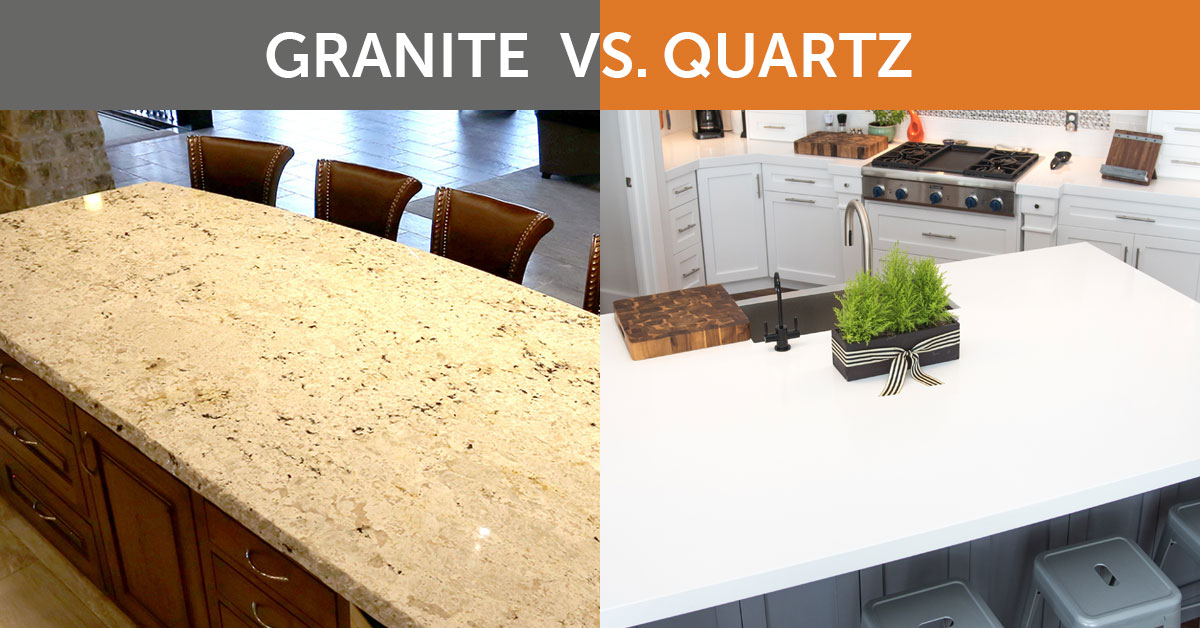
Common Mistakes to Avoid
While engineered stone countertops are a fantastic choice for many kitchens, there are some common mistakes to avoid to ensure you get the most out of your investment.
Neglecting to Use Cutting Boards: Even though engineered stone is durable, cutting directly on the surface can damage your knives and leave marks on the countertop. Always use a cutting board to protect both your knives and the countertop.
Placing Hot Pans Directly on the Surface: While engineered stone is heat-resistant, it is not heat-proof. Placing hot pots and pans directly on the countertop can cause thermal shock and lead to cracking or discoloration. Always use trivets or hot pads.
Using Harsh Chemicals for Cleaning: Avoid using bleach, ammonia, or other harsh chemicals on your engineered stone countertops. These can damage the surface and degrade the resin over time. Stick to mild soap and water or a cleaner specifically designed for quartz.
Ignoring Spills: Engineered stone is resistant to stains, but it is not completely impervious. Clean up spills promptly to prevent any potential staining, especially from substances like wine, coffee, or oil.
Choosing the Wrong Installer: The quality of the installation can significantly affect the performance and appearance of your countertops. Ensure you hire experienced professionals who are familiar with working with engineered stone.
Not Considering the Seams: While engineered stone can be made to look seamless, there will be seams in larger installations. Make sure to discuss seam placement with your installer to ensure they are in less noticeable areas.
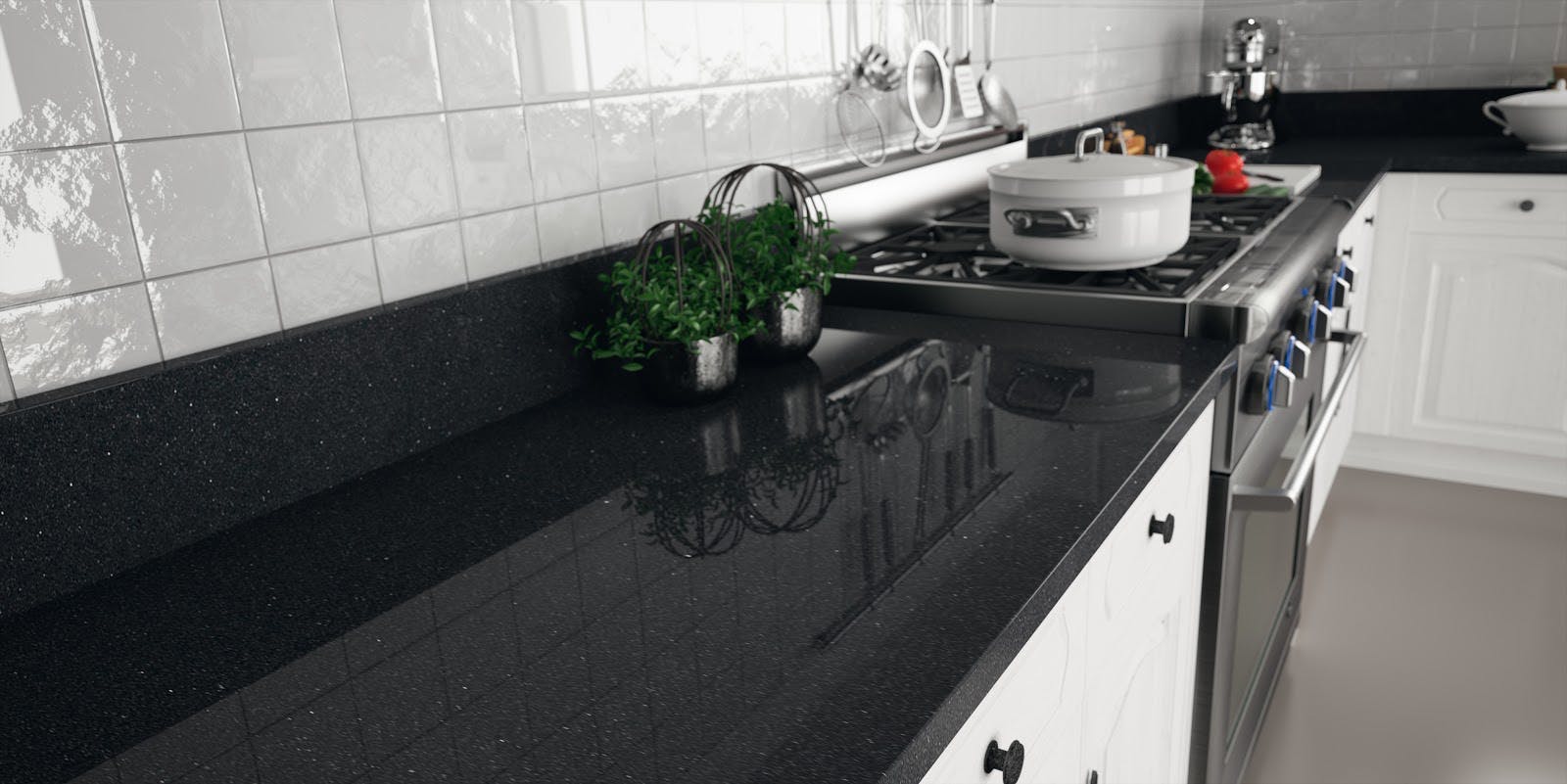
What are the main advantages of engineered stone over natural stone countertops?
Engineered stone countertops offer several advantages over natural stone, including increased durability, a non-porous surface that resists stains and bacteria, a wider range of color and pattern options, and less maintenance. Unlike natural stone, engineered stone does not require regular sealing, making it a more convenient option for busy homeowners.
How do I clean and maintain my engineered stone countertops?
Cleaning engineered stone countertops is simple and requires only mild soap and water, along with a soft cloth or sponge. For tougher stains, use a non-abrasive cleaner. Avoid harsh chemicals and abrasive pads. Regular cleaning helps maintain the surface’s appearance and hygiene. Additionally, using cutting boards and hot pads can prevent potential damage.
Can engineered stone countertops be repaired if they get damaged?
Yes, engineered stone countertops can be repaired if they sustain minor damage. Many manufacturers offer repair kits for small chips or cracks. For more significant damage, it may be necessary to consult a professional who can perform a more thorough repair. Proper care and maintenance can help prevent damage and extend the life of your countertops.
Are engineered stone countertops environmentally friendly?
Engineered stone countertops can be environmentally friendly, especially when they incorporate recycled materials. The manufacturing process is designed to minimize waste and often includes recycling water and reducing emissions. However, the resins used are derived from petroleum, which has an environmental impact. Some manufacturers are working on more sustainable alternatives.
How do I choose the right color and pattern for my kitchen?
When choosing a color and pattern for your engineered stone countertops, consider your overall kitchen design and personal preferences. Neutral colors like white, beige, and gray are versatile and timeless. Bold colors can make a statement and serve as a focal point. Patterns that mimic natural stone or offer uniformity can match various design styles. Additionally, consider the finish and edge profile to complete the look.
Is professional installation necessary for engineered stone countertops?
Professional installation is highly recommended for engineered stone countertops. The process requires precise measurements, cutting, and finishing to ensure a perfect fit and seamless appearance. Experienced installers can handle these tasks efficiently and correctly, preventing costly mistakes and ensuring the countertops are securely in place.
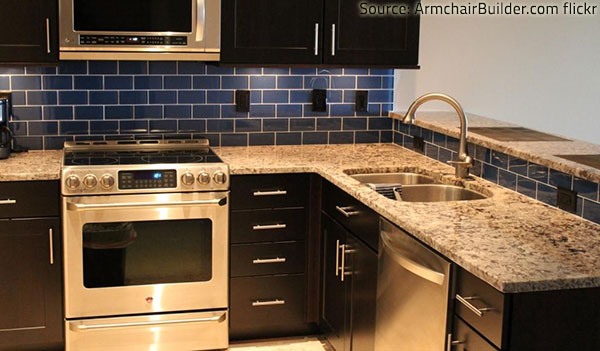
Related Posts:
- Outdoor Kitchen Stone Countertops
- Concrete Kitchen Countertops Vs Granite
- Gray Kitchen Cabinets With Granite Countertops
- Affordable Kitchen Countertop Ideas
- Oak Kitchen Cabinets With Granite Countertops
- Shop Kitchen Countertops
- Popular Kitchen Countertop Materials
- Refinish Corian Kitchen Countertops
- Kitchen And Bath Countertops
- How To Care For Granite Kitchen Countertops